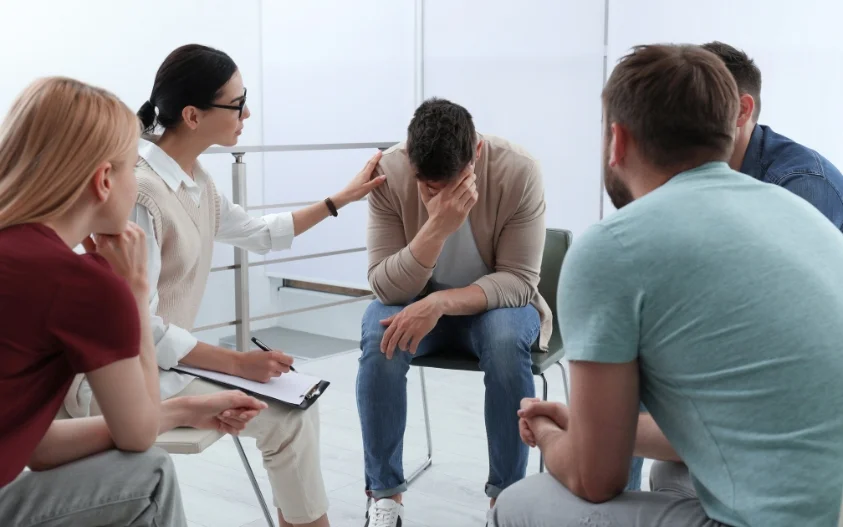24/7 Helpline:
(866) 899-221924/7 Helpline:
(866) 899-2219
Learn more about Ritalin Rehab centers in Madison County

Other Insurance Options

Magellan

Medical Mutual of Ohio

AllWell

Ambetter

Ceridian

Health Net

Health Partners

CareSource

Access to Recovery (ATR) Voucher

Highmark

Horizon Healthcare Service
Beacon

Regence

Molina Healthcare

Health Choice

Magellan Health

Sutter

Coventry Health Care

ComPsych

CareFirst

Tueller Counseling Services
Tueller Counseling Services is a private rehab located in Rexburg, Idaho. Tueller Counseling Service...

South Fork Services
South Fork Services is a private rehab located in Rexburg, Idaho. South Fork Services specializes in...

Ostermiller Counseling
Ostermiller Counseling is a private rehab located in Rexburg, Idaho. Ostermiller Counseling speciali...

Rexburg Counseling
Rexburg Counseling is a private rehab located in Rexburg, Idaho. Rexburg Counseling specializes in t...

Centerpoint Counseling
Centerpoint Counseling offers therapy for a wide variety of behavioral health issues. Centerpoint Co...



















